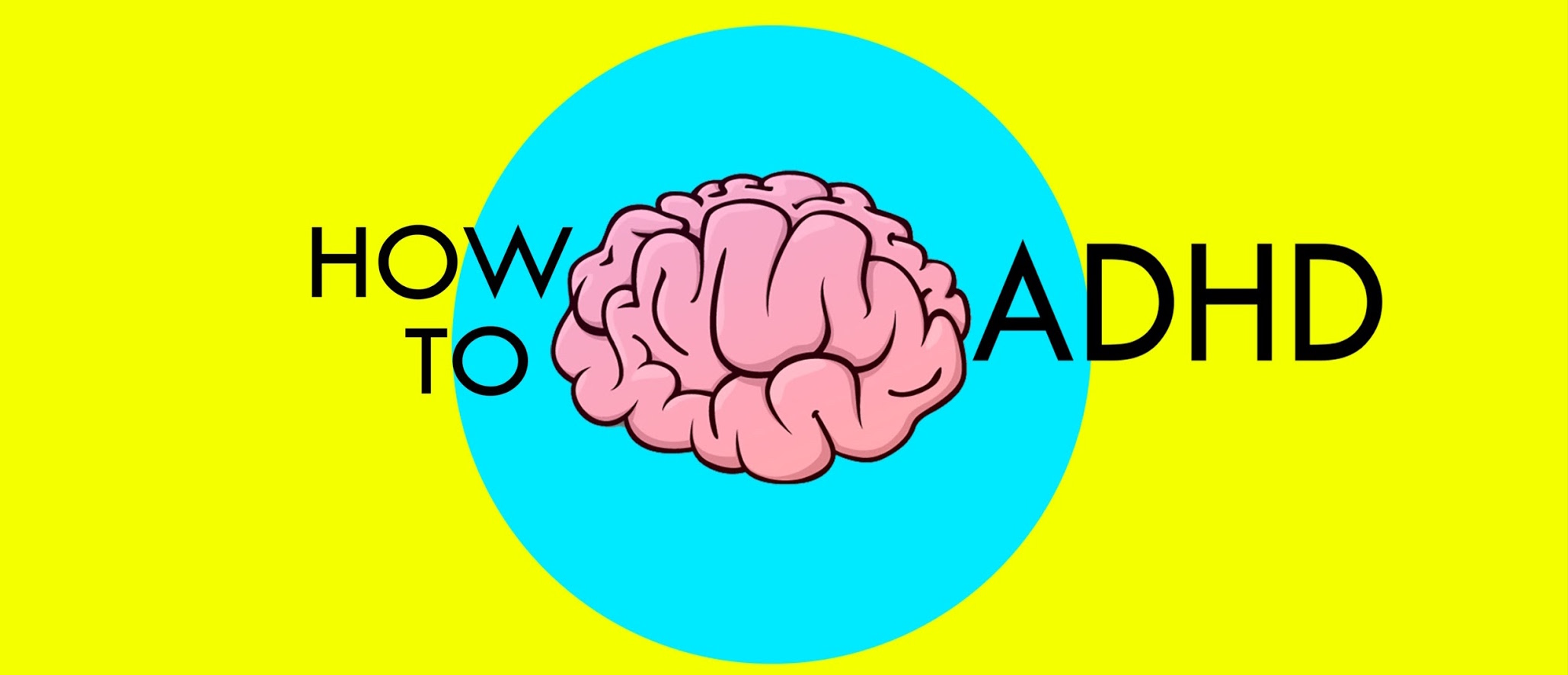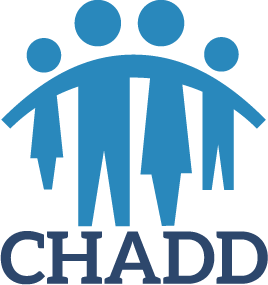ADHD - the basics
A Little History
ADHD is not a fad or a made up name. In fact, as early as 1845, Dr Heinrich Hoffman first described ADHD in a children’s book called “The Story of Fidgety Philip” which contained an accurate description of a child with hyperactivity disorder.
By the early 1900’s, Sir George F Still, outlined the first clinical description of ADHD through a series of papers to the Royal College of Physicians in London, about a group of children who displayed both impulsivity and behaviour problems. Significantly, Sir George noted that these symptoms were genetically based and not a result of poor parenting.
In the early 1980’s the American Psychiatric Association named the disorder Attention Deficit Disorder or ADD, with or without hyperactivity. In 1987 the ADD definition was expanded to include ADHD to address both the attention deficit and hyperactivity characteristics.
ADHD is now recognized as being lifelong and that is most commonly identified in school aged children but that carries on throughout adolescence and into adulthood for many people. The American Psychiatric Association has classified ADHD as a medical diagnosis, and not purely psychological.
The Stats
Attention Deficit Hyperactivity Disorder (ADHD) is a neurobiological condition that usually becomes apparent during the preschool and early school years. It is one of the leading childhood disorders ranging from 3 – 7% of school aged children to as high as 5 -9%, as the body of evidence continues to grow and is better documented.
Children with ADHD often experience challenges in impulsivity, hyperactivity (behaviour) and difficulty staying focused and paying attention. These challenge or symptoms of ADHD do not always go away as the child ages. Experts estimate that approximately 60% of child patients retain their challenges or symptoms into adulthood.
The numbers and the impact of ADHD are real:
- 75% of boys diagnosed with ADD/ADHD have hyperactivity.
- 60% of girls diagnosed with ADD/ADHD have hyperactivity.
- 50% of children with ADHD experience sleep problems.
- Boys are diagnosed with ADHD 3 times more often than girls.
- Emotional development in children with ADHD is 30% slower than in their non-ADD peers. This means that a child that is 10 years old can have the emotional development of a 7 year old, a 20 year old will have the emotional maturity of a 14 year old.
- One fourth of children with ADHD have serious learning disabilities such as: oral expression, listening skills, reading comprehension and/or math.
- 65% of children with ADHD exhibit problems in defiance or problems with authority figures. This can include verbal hostility and temper tantrums.
- 40% of children with ADHD have a parent with ADHD. Teens with ADHD have four times as many car accidents and have seven times as many second accidents.
ADHD across the Lifespan
While the formal recognition of Adult ADHD is fairly recent, it is most likely that the challenges of ADHD were prevalent in younger years. It is estimated that the prevalence rate for adults is between 2 – 4%.
Research and observational studies over the past 10-15 years have provided the evidence to validate Adult ADHD as a disorder that has significant impact on academic, social and occupational achievements.
With Adult ADHD the symptoms of inattentiveness, impulsivity and hyperactivity present differently. Adults affected with ADHD may experience symptoms in the following ways: low tolerance for frustration, problems with organization, poor time management, paralyzing procrastination, forgetfulness, money management, difficulty concentrating for long periods of time and a need for constant activity.
Untreated ADHD increases the risk of adverse outcomes for adults including: increase in substance abuse, higher rates of marital discord/divorce, increased number of traffic and driving violations, and constant job difficulties and change as well as self esteem issues.
The functional impairment as an adult is real. Diagnosis, treatment and ongoing support (education, coaching, organizational skill training) have shown benefit in helping adults realize their strengths, abilities and potential.
Need an ADHD Assessment?
Get an immediate ADHD assessment, facilitated by a professional team-based approach: diagnosis, medication recommendations, psychotherapy and ADHD coaching.
Misdiagnosis to Transformation
This inspiring personal story chronicles a 36-year-old’s journey from years of frustration and misdiagnosis to discovering the true cause of his struggles—Adult ADHD.
My ADHD Story
Prior to finding out that I have ADHD, I found myself in the grip of depression, anxiety, marital problems, social fears and low self-esteem - that made no sense to me...
ADD/ADHD Resources
Best help with: organization, focus, time management, school and university achievement, career and work success, dating, relationships, friendships, and marriage...
ADHD Support Group
ADHD Online Community where you have access to post topics, communicate privately with other members (PM), respond to polls, upload content and access many other special features.
If you have ADHD, you are in very good company with the list of famous people who either have been diagnosed with attention deficit disorder, or have many of the symptoms of this disorder that suggest they may have had it.










